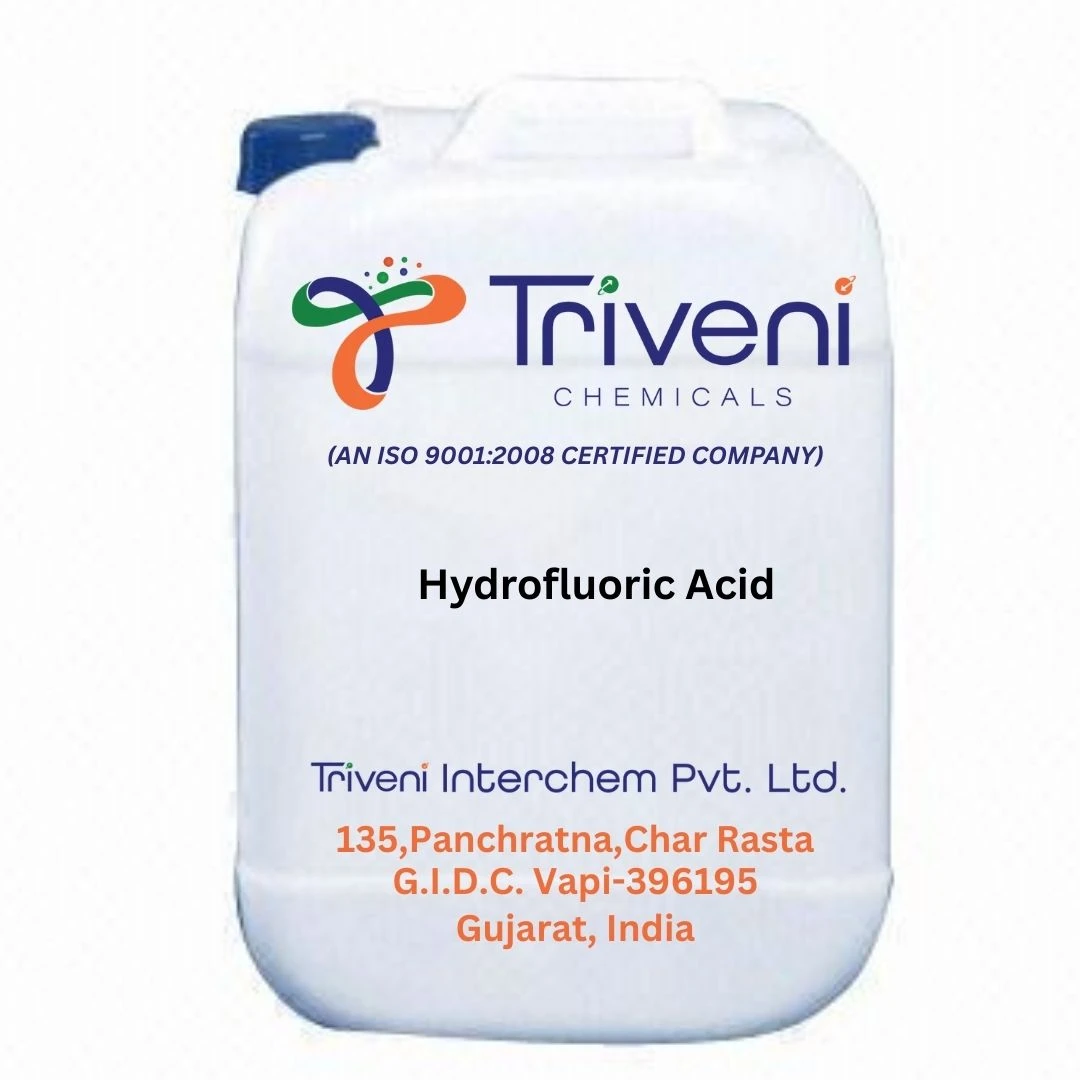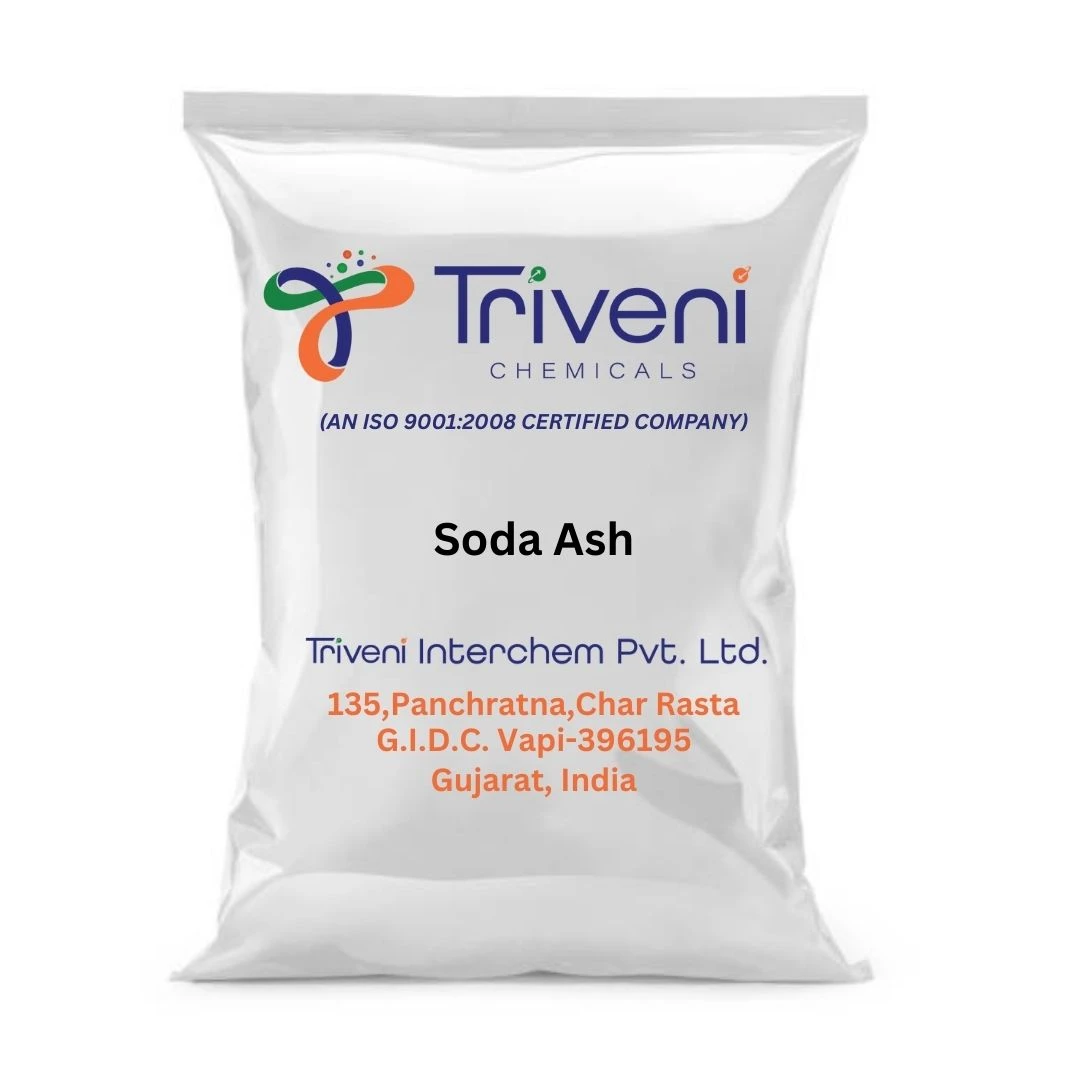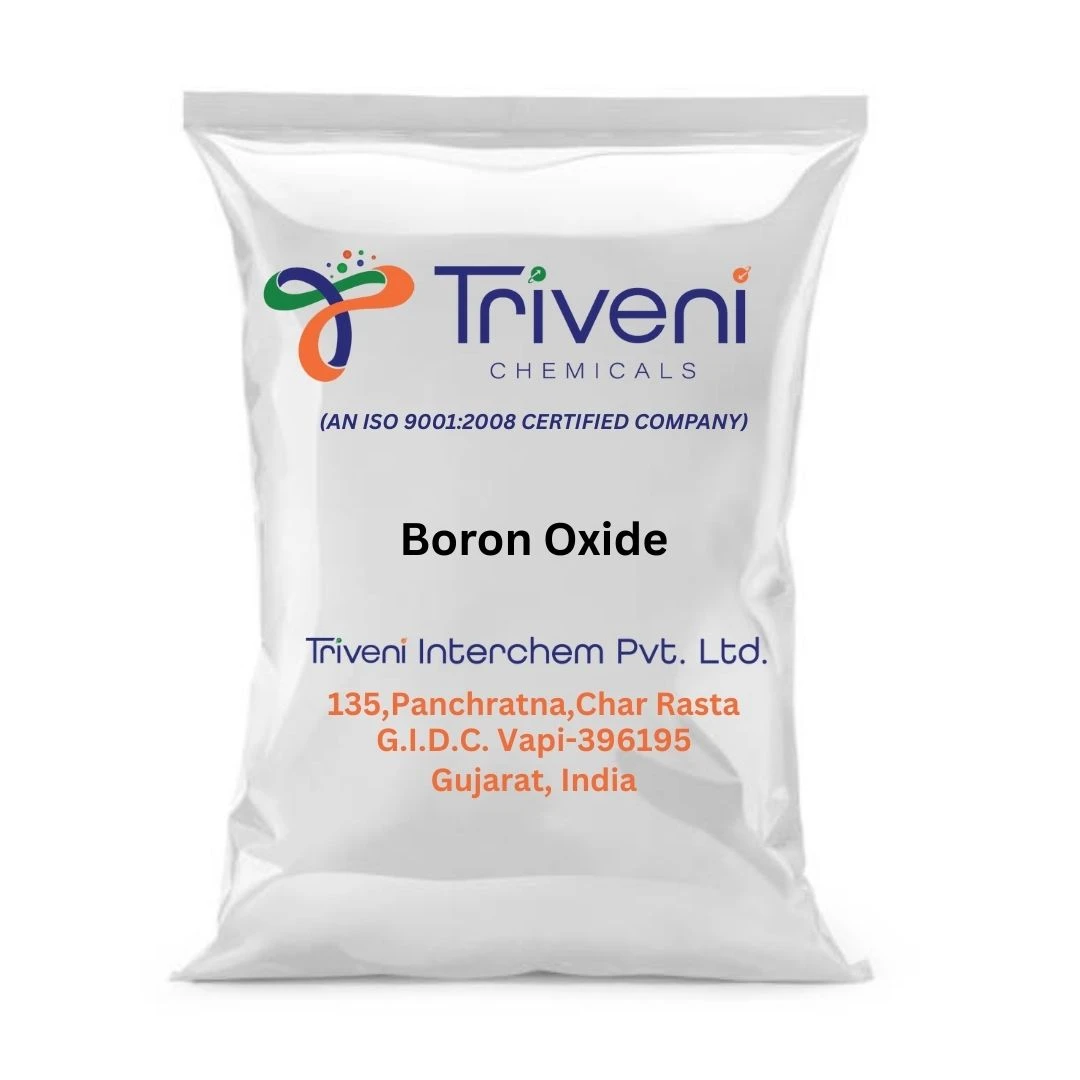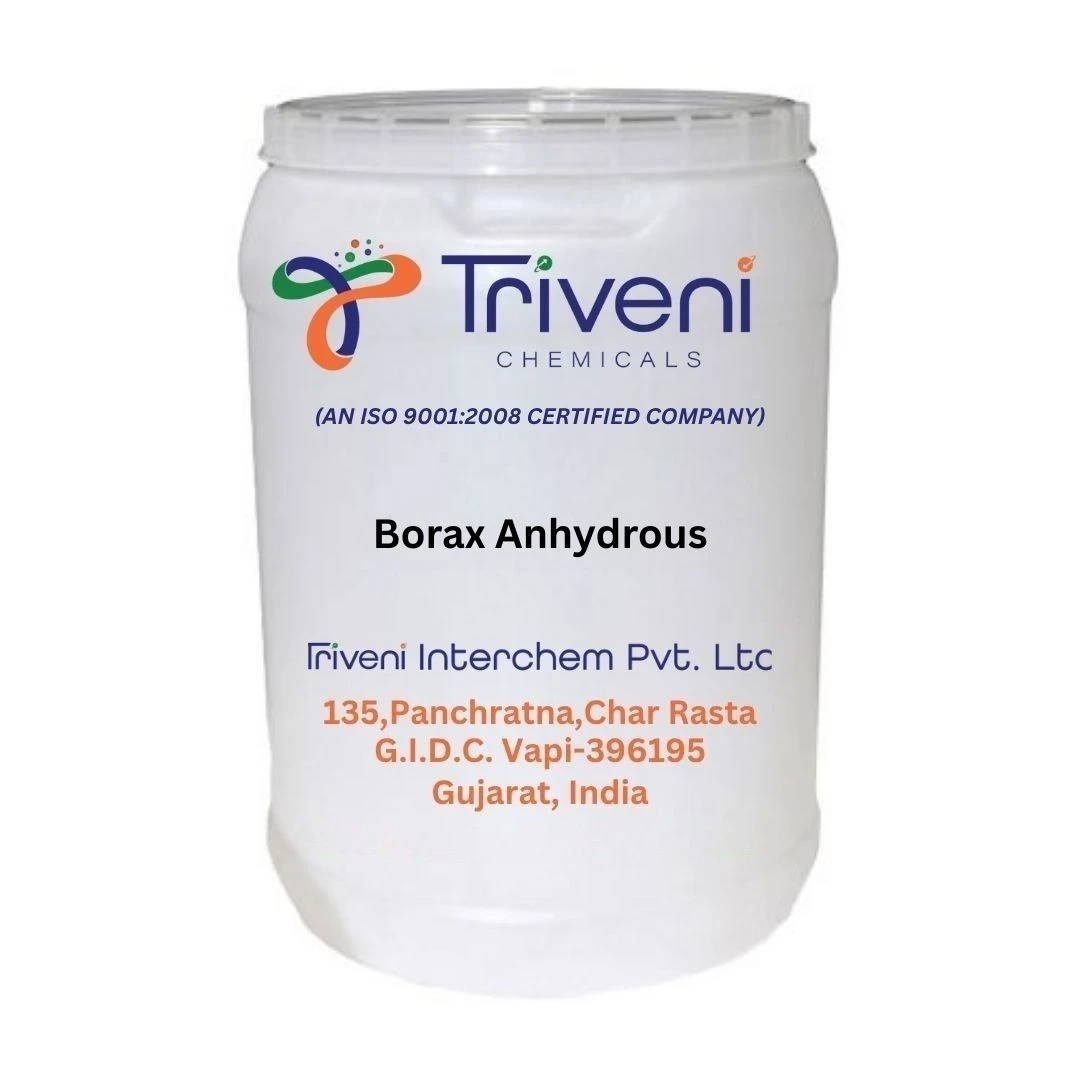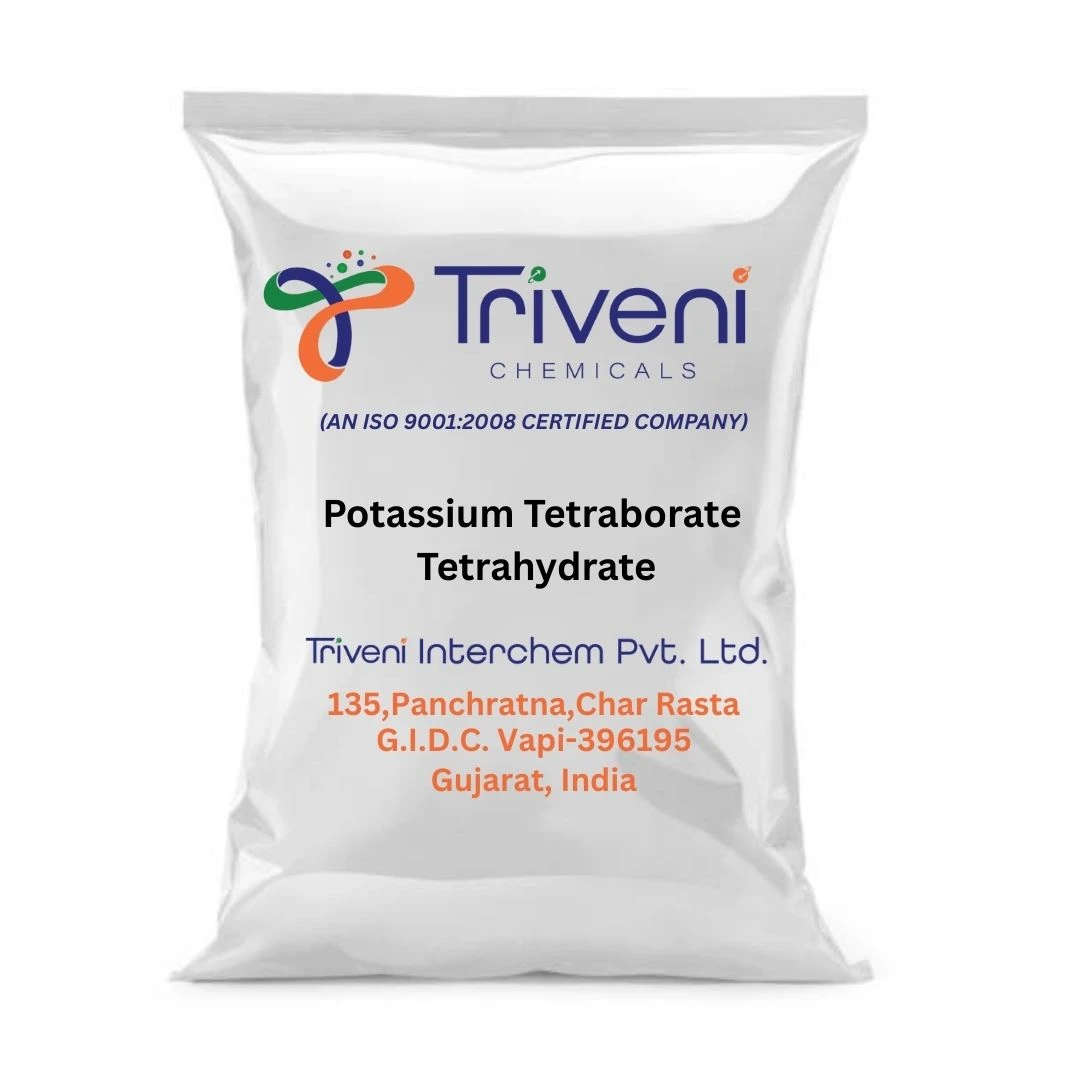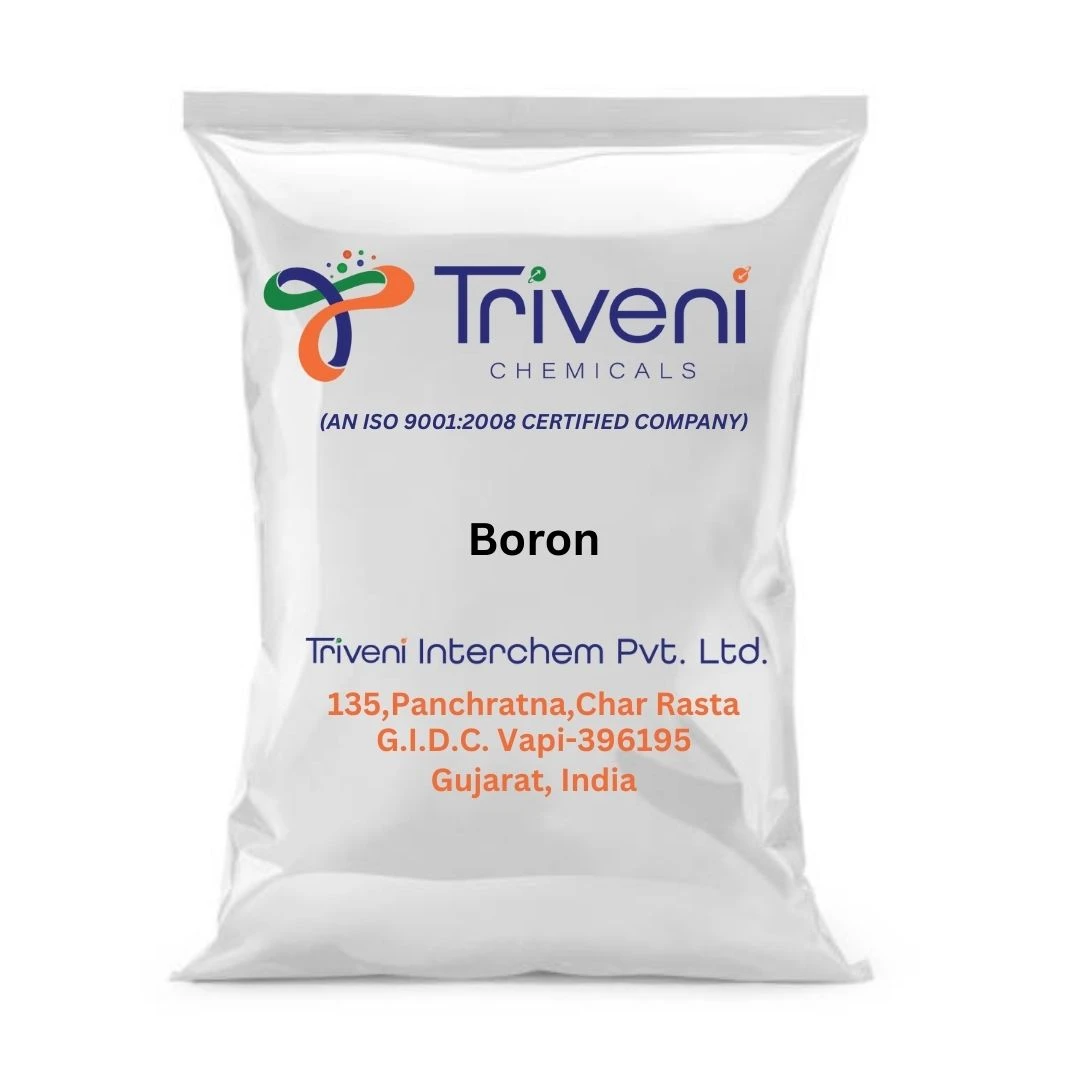Glass is a complex and important industry that involves a wide range of goods, processes, and applications. Glass is used in a variety of applications, from everyday goods like windows and bottles to cutting-edge technical developments in electronics and optics. Glass is normally made by melting silica sand, soda ash,..
Glass is a complex and important industry that involves a wide range of goods, processes, and applications. Glass is used in a variety of applications, from everyday goods like windows and bottles to cutting-edge technical developments in electronics and optics. Glass is normally made by melting silica sand, soda ash, and limestone at high temperatures to create a molten slurry that is then molded, cooled, and hardened into the required shape. This technique can be modified to produce a wide range of glass kinds, each with distinct qualities suitable to specific applications. Soda-lime glass, which is used in windows, bottles, and household objects, is one of the most prevalent varieties. It's long-lasting, inexpensive, and easily recyclable. Borosilicate glass, on the other hand, is known for its thermal shock resistance, which makes it suitable for scientific glassware and cookware. Tempered, laminated, or coated glass provides increased strength, safety, and functionality for architectural and automotive applications. In recent years, the glass industry has experienced considerable developments, particularly in the field of smart glass. Glass may change its properties in reaction to external stimuli such as heat, light, or electricity with this breakthrough technology. For example, electrochromic glass can change its transparency to manage light and heat transmission in buildings, lowering energy use. Similarly, Liquid Crystal Display (LCD) and Organic Light Emitting Diode (OLED) technologies use glass substrates in electronic devices such as smartphones, televisions, and monitors to enable bright, high-resolution displays. Furthermore, glass is used in renewable energy technology. Tempered glass is frequently used in solar panels to protect photovoltaic cells and improve longevity in adverse weather conditions. Furthermore, concentrating solar power systems focus sunlight and generate electricity using mirrors constructed of specific glass. In terms of sustainability, the glass industry has made significant advancements in recycling. Glass is 100% recyclable without deterioration in quality, and recycled glass, known as cullet, can be used to manufacture new glass items, decreasing the requirement for raw materials and energy usage in the manufacturing process. Despite its diversity and achievements, the glass sector has ongoing obstacles, such as the energy-intensive nature of glass production and the need to develop more environmentally friendly manufacturing procedures. However, continued research into alternative materials and novel manufacturing techniques is propelling the glass sector toward a more sustainable and efficient future.
-
Glass Industry – Encompasses manufacturing, processing, and recycling of glass, including Glass Polish.


